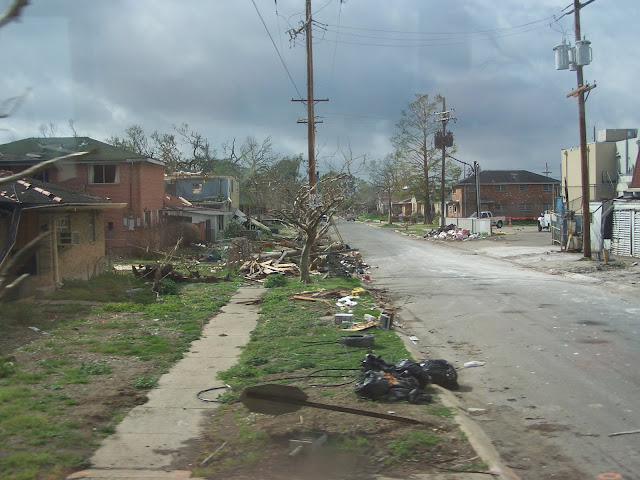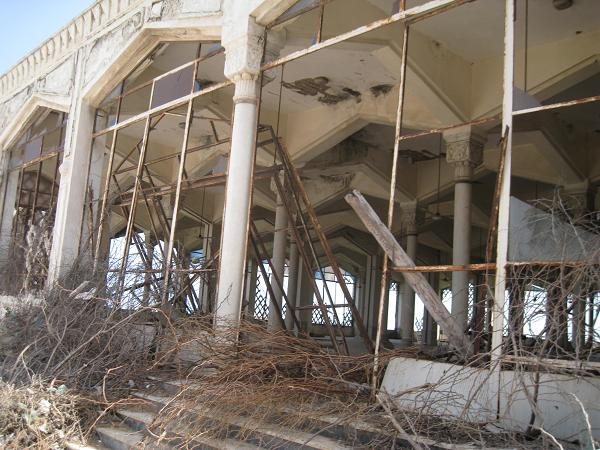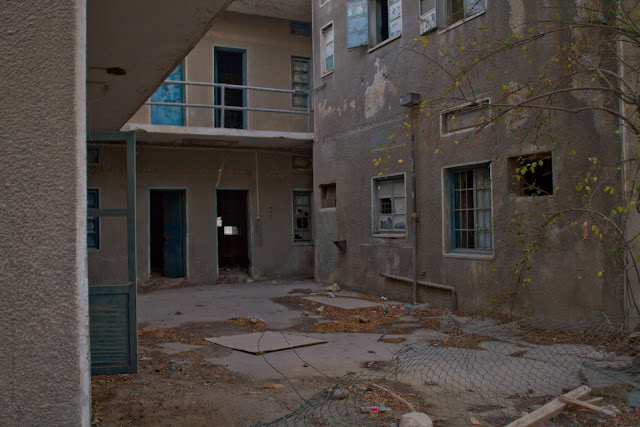The world was first introduced to Utopian fiction in 1516, with Sir Thomas More's novel
Utopia. Since then, idyllic settings have been common in literature, especially science fiction, where such a place makes it easy to introduce conflict and discord. We as readers like Utopian fiction. It gives reference to our own societies and our own lives.
Dystopian fiction has been around since the late nineteenth century, and its popularity is only increasing. It appeals to us probably more than Utopian fiction, and for a number of reasons inherent in the themes of the genre. We like imaginative alternate realities and worst-case-scenarios. We like heroes, fighting against the odds, rising from the ashes to overcome, and there is always plenty of that in this type of fiction. Even more importantly though, we like the contrast it provides to our own lives. We like to sit back in our comfortable chairs and read about or watch something so much more awful than our own lives, because our own lives look great in contrast.
Dystopian themes seem so distant, so removed from our lives that it's easy to read them. But what about the inspiration? Where can we find these elements to expand on and create interesting works of Dystopian science fiction? The sad truth is, they're not as distant as one might think.
 |
| Detroit, Michigan © Tom Roche, Roche Photo |
The decayed, abandoned buildings of Detroit show a stark picture of a real dystopia. One need not look far to find images better suited to the worlds of William Gibson's novels than our own world.
 |
| Detroit, Michigan © Tom Roche, Roche Photo |
Detroit is hardly alone in this regard. Many places such as Mumbai, India have serious economic issues that paint a grim dystopian picture.
 |
| Mumbai, India © Jon Baldock |
 |
| Mumbai, India © Jon Baldock |
There are many other places on earth that provide similar imagery. One need only watch the news during hurricane season to find other disturbing examples. The aftermath of Hurricane Irene, and Hurricane Katrina, pictured below, are examples of dystopia created almost instantly by natural disasters.
 |
| New Orleans, Louisiana © Charles Taber |
Images from the tornado devastation in Joplin, Missouri last year add even more such imagery.
 |
| Joplin, Missouri © John Tewell |
Unfortunately, examples are not limited to those of a failed economic structure or natural disasters. The current crisis in Somalia has been brought about by a combination of drought and the total chaos of anarchy and warfare.
 |
| Somali Refugee Camp, Kenya © IHH Humanitarian Relief Foundation Turkey |
 |
| Mogadishu, Somalia © macalin via Flikr |
This is all rather sobering, not something one likes to think of with regard to speculative fiction. It's easy to distance oneself when reading about it in fiction, because our reality is so far removed, we don't completely empathize with the situation because it's not part of our own experiences. We read it in books and see it in the movies, and we know it's contrived, something that was created to give us the illusion of dystopia. It's a lot harder to stare brutal reality in the eyes.
Truth is, fiction mirrors life, because there are always elements of reality in it. Something from the author's life always impacts the story, whether it's personal experience or not. Whether we like it or not, there will always be natural disasters, failed societies, and human atrocities in the world. There will always be examples of true dystopia.
 |
| © Kate Gardiner |
And that brings us to the best part of Dystopian fiction, and that is the heroism it portrays. Dystopian fiction is often about rising from a dire, almost hopeless situation, and finding a way to overcome against all odds. It showcases the human spirit in us, and gives us hope for the future. No matter how bleak the situation is, humanity will always find a way to rise above it and survive. And that's why we like reading it, because it's not about the squalor, the chaos, the poverty and destitution. That is the setting. The story is about the indomitable human spirit in all of us.










Welcome, Rhiannon. Glad you enjoyed it. I think there's a lot out there yet that remains untapped with speculative fiction in general due to the nature of our societies today. We just have to figure it out in terms of translating it creatively.
ReplyDeleteAnd at the heart of speculative fiction we usually find the human spirit. Most such stories are about adaptation, survival, will, and other similar human characteristics.
Hi, Jonathan,
ReplyDeleteI found your blog today as well and liked this post. This trend in books definitely seems to be related to our speculations. Some of us are seeing how close we are to some of these situations. In fact, some of these situations in dystopian literature could be the result of us trying to fix our current problems. So, Rhiannon, maybe it could get worse. Maybe our solutions will backfire. Just another dose of speculation for you there! I actually wrote a book about that situation. It's called Dormant Enhancement.
Thanks for reading, Jack. I certainly agree with the points you made here. Hindsight is 20/20, like they say, and we often find we're dead wrong with a lot of things we think we know 100% beforehand.
ReplyDeleteI think the speculation involved, coupled with our growing dystopic societies makes it easier and easier to love this type of literature.
And interesting that you should comment that it could be a result of us trying to fix current problems. I have been considering that as a topic for my next post.
Actually, Jonathan, my blog post tomorrow is discussing a bit of that idea. We'll have to compare notes.
ReplyDeleteI'll be checking in and reading it, Jack. Fascinating subject.
ReplyDelete